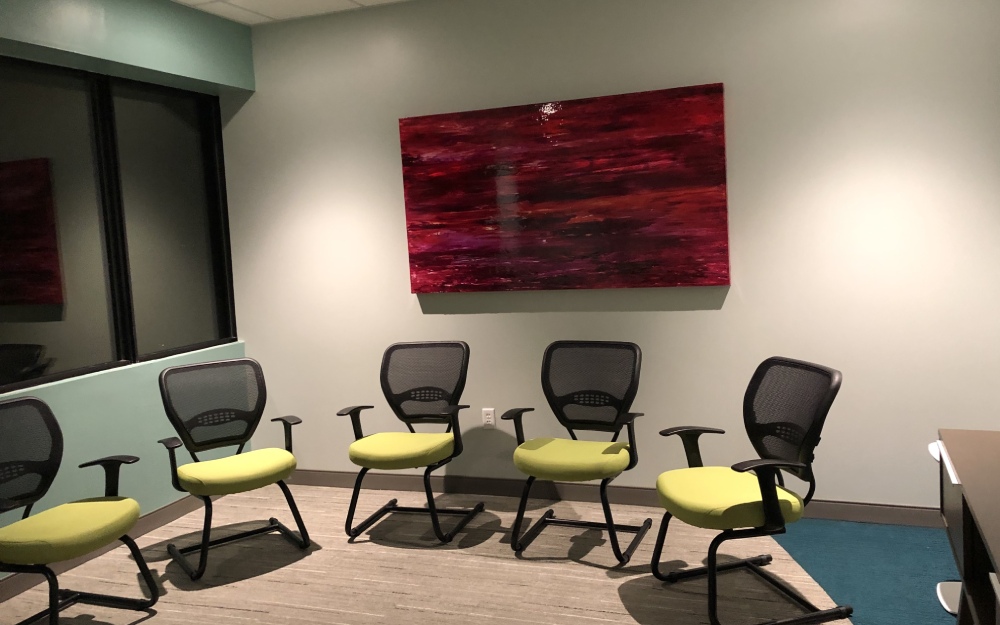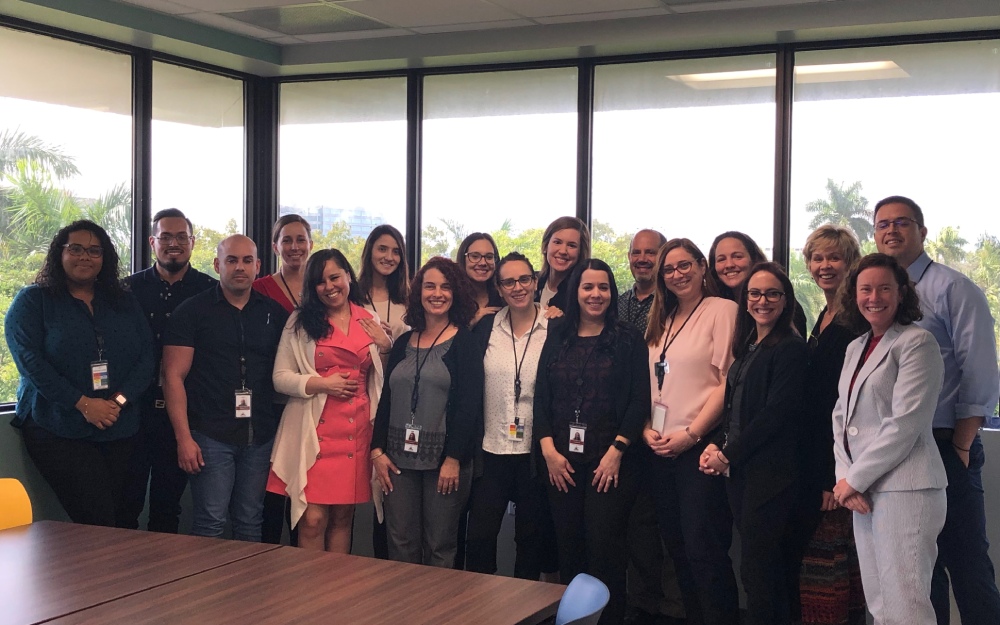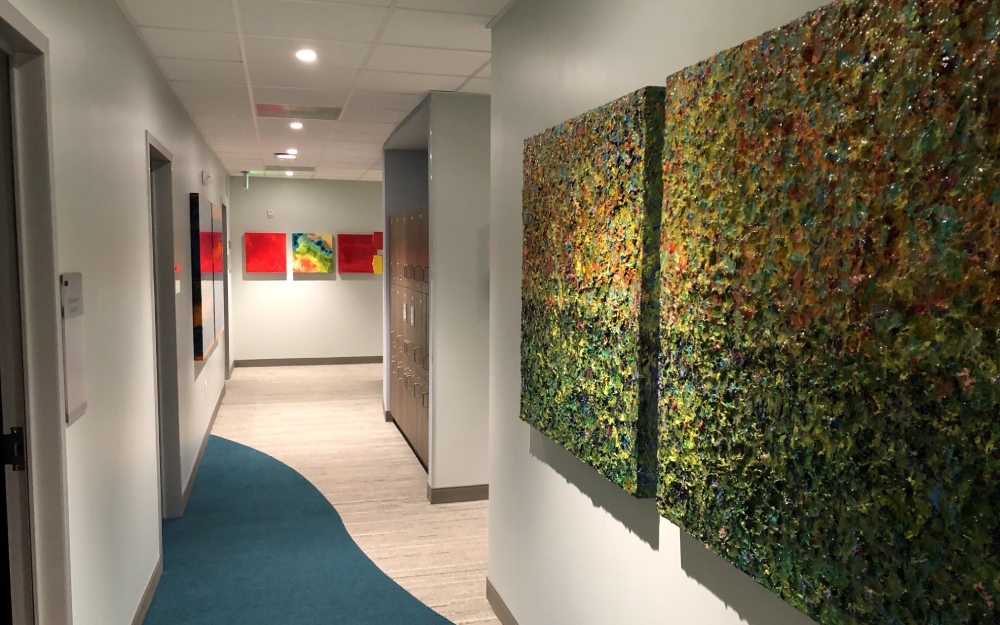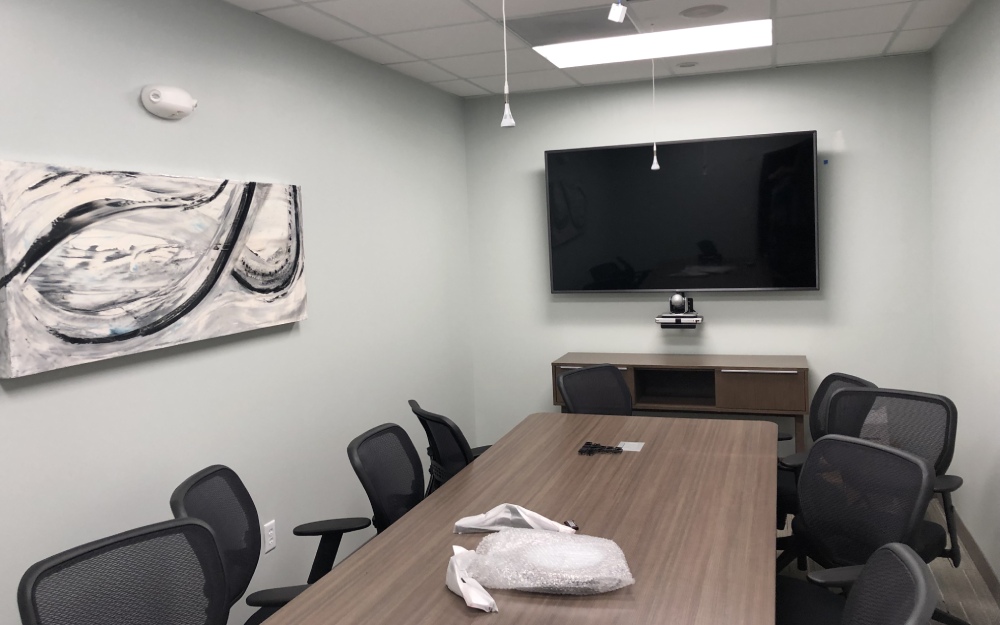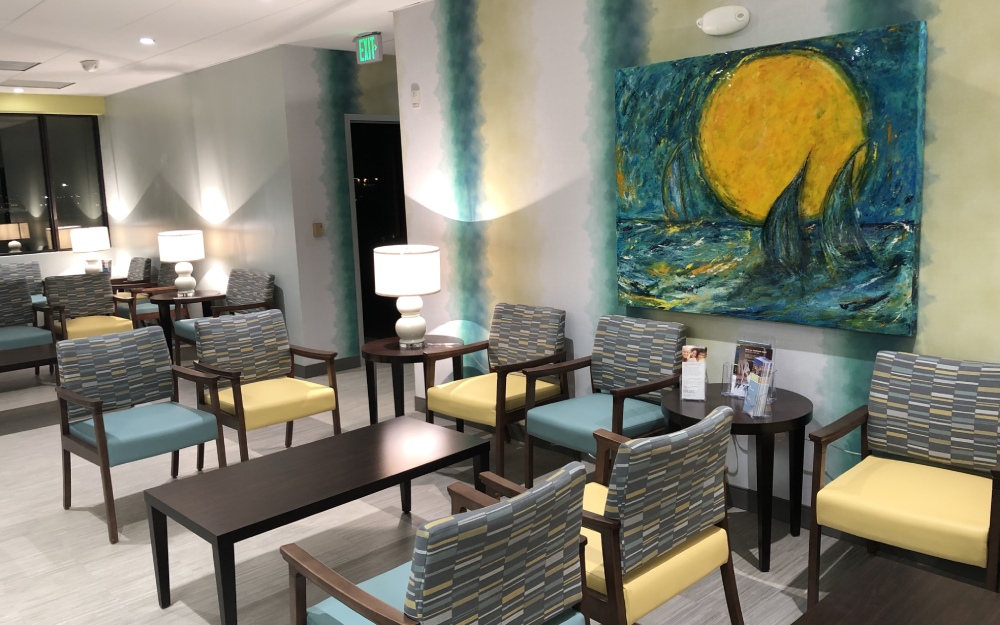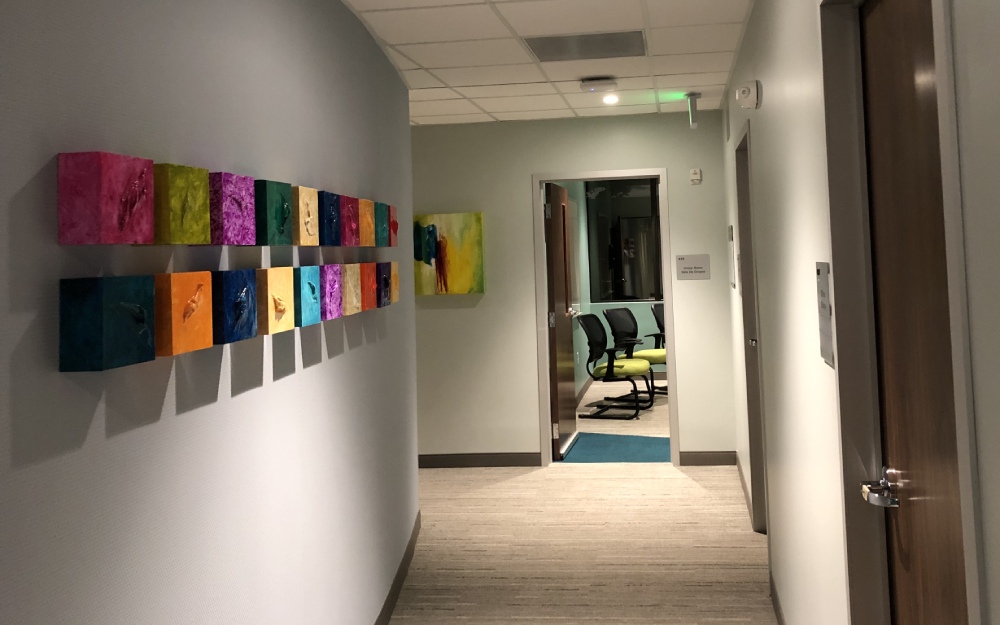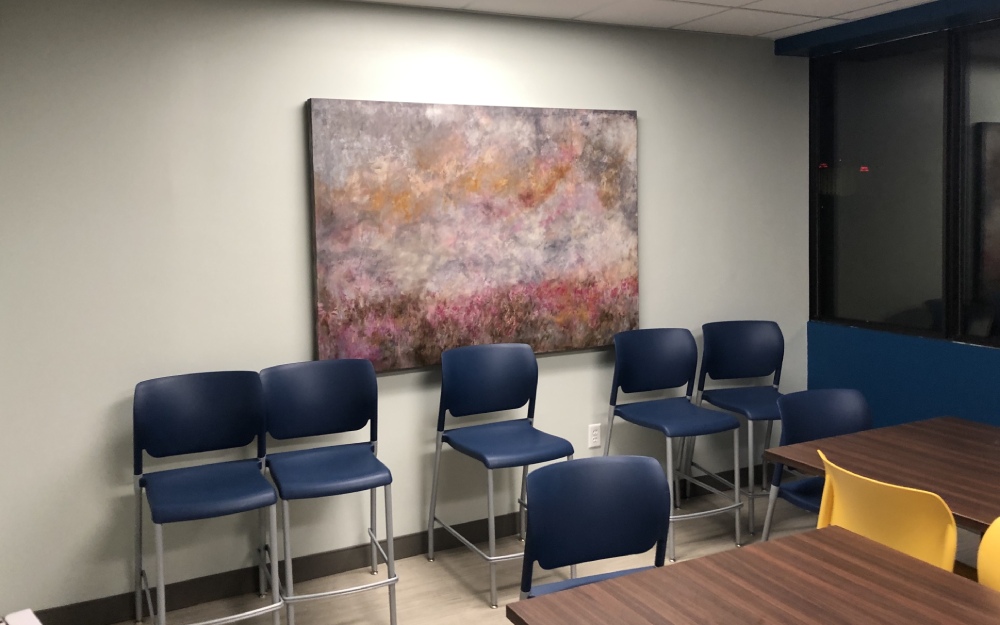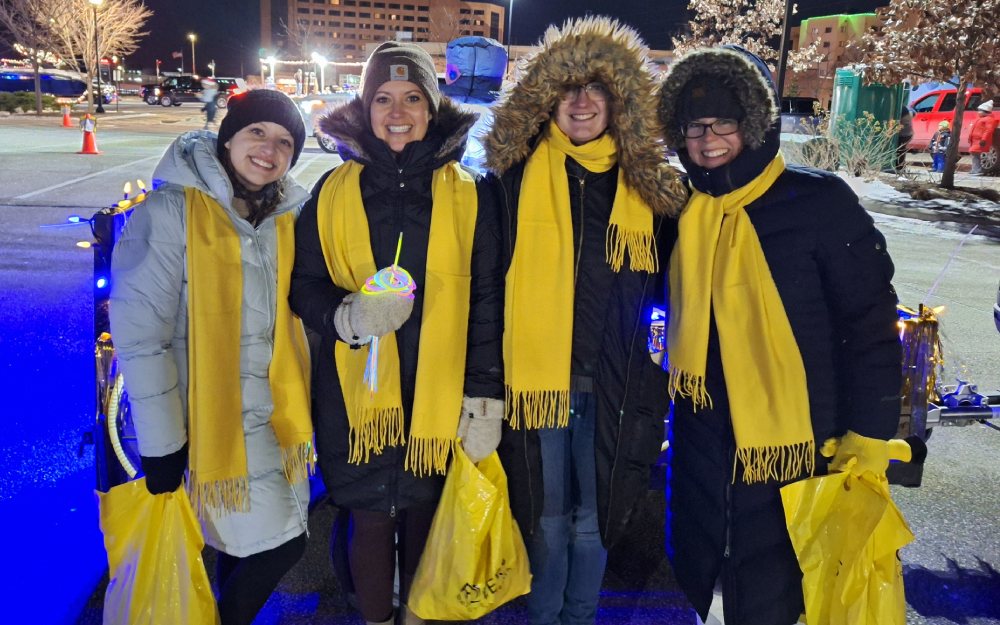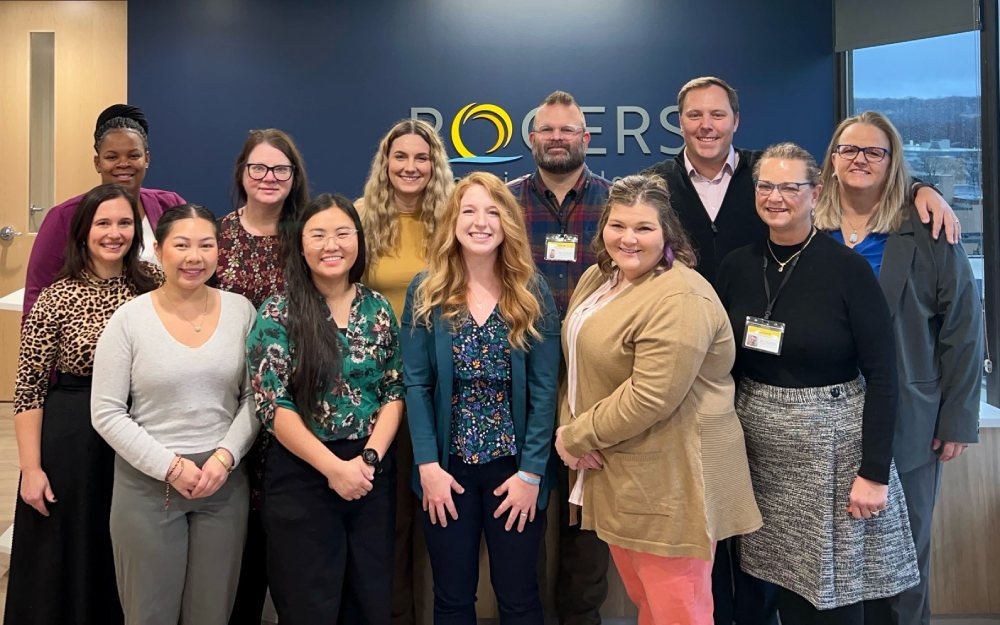
Rogers opens in Miami, updates for residential expansions
02/26/19 01:14:pmMiami
Rogers’ Miami clinic opened to patients on February 18, offering partial hospitalization care for OCD and Anxiety, Focus Depression Recovery, and Mental Health Recovery. This is the first fully bilingual Rogers location. To support the Miami site and other Spanish-speaking families, Rogers launched a Spanish version of the public website at https://rogersbh.org/es.
The week before the opening, we held an informal meet and greet lunch with members of our clinical team and referring professionals in the area, giving us the opportunity to discuss the services offered at our newest location. A grand opening event is planned for Tuesday, April 16.
Appleton
In January, Rogers’ Appleton clinic added OCD and Anxiety child and adolescent intensive outpatient care and Mental Health and Addiction Recovery adolescent intensive outpatient care.
Minneapolis
Rogers’ Minneapolis site is planning to add Focus Depression Recovery adult intensive outpatient care in early March.
Madison
Rogers’ Madison location’s first child and adolescent programs are expected to open to patients in late March. OCD and Anxiety child and adolescent partial hospitalization and intensive outpatient care, as well as Mental Health and Addiction Recovery adolescent partial hospitalization care will be offered.
San Diego
Rogers will open a new location in San Diego in April offering adult partial hospitalization care for Focus Depression Recovery and OCD and Anxiety. It will also offer Focus Depression Recovery adolescent partial hospitalization care and OCD and Anxiety child and adolescent partial hospitalization care.
Residential Expansion for Oconomowoc and West Allis
A new lobby and cafeteria will reopen in Oconomowoc in June in a completely remodeled space. The lobby has been temporarily moved back to its original location.
Classroom/art room project in the lower level of the Child and Adolescent Center opened in early February. Art rooms will serve both children and adults, with careful scheduling to keep populations separate.
“The expansion area is really beginning to take shape, and it is easy to visualize how it will look when finished. I can’t wait to see our patients’ reaction to the new spaces.” ~ Barbara Whitstone, vice president of facilities
“With the opening of the newly constructed west wing on the horizon, I am consistently reminded of the hard work and dedication of our staff during this time of transition. Many have had to move or give up space during this time. I am pleased to say that everyone is on board and looks forward to being able to offer new programs and services to our community and to individuals across the country!” ~ Caroline McHale, chief operating officer, residential services
Oconomowoc campus expansion to include:
- 14 new residential beds for an adolescent Eating Disorder program for a total of 38 residential eating disorder beds in Oconomowoc and Delafield. The Delafield campus will now shift to 24 adult eating disorder beds. The System also offers inpatient eating disorder recovery for all ages.
- 12 residential beds for Trauma Recovery (PTSD) for adults
- 24 new residential beds for Focus Depression Recovery for adults for a total of 56 Focus adult and 24 adolescent residential beds in Oconomowoc.
- 12 beds are being repurposed for a new program for adolescents with OCD and anxiety.
West Allis Spring 2019 expansion to include:
- 14 new adult residential beds for Focus Depression Recovery and 14 adult residential beds for Mental Health and Addiction Recovery.
Jerry Halverson, MD, chief medical officer, says, “It’s gratifying to be able to respond to the needs of a growing number of patients and families. As we are able demonstrate the outcomes our patients experience during and after treatment, it offers hope to others who are struggling with mental illness and addiction. We’re able to show them that if they actively engage in treatment, they are giving themselves the best chance of recovery and meeting their full potential.”



